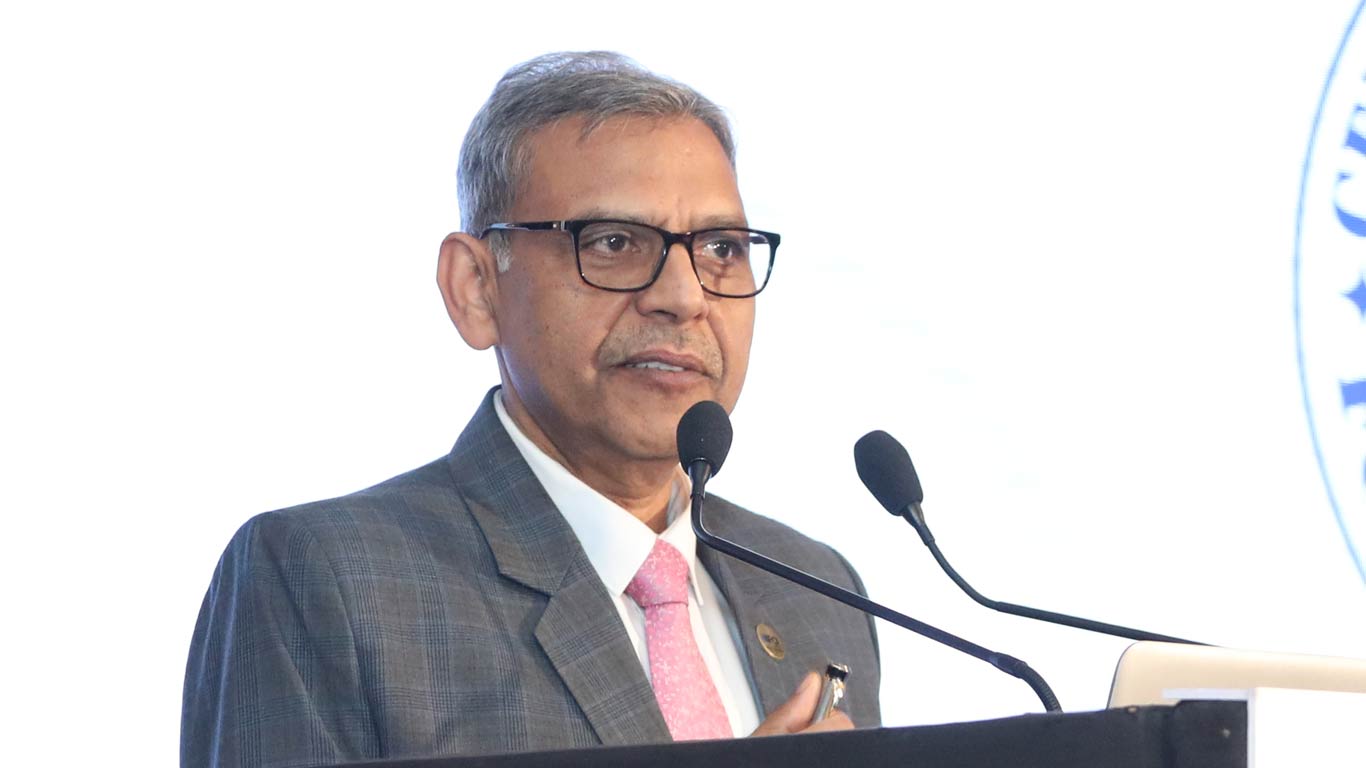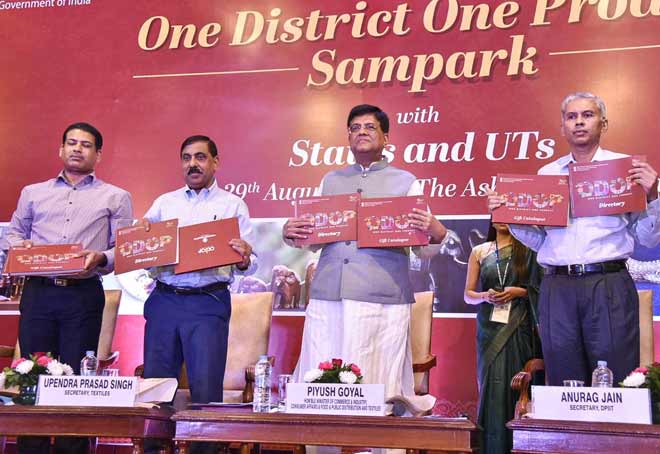Impact of Coronavirus on MSMEs: What You Can Do to Mitigate the Risks and Losses
Updated: Jul 23, 2020 07:57:43am

Impact of Coronavirus on MSMEs: What You Can Do to Mitigate the Risks and Losses
The COVID-19 pandemic has toppled the world economy at a scale and speed that we only see in doomsday movies. The truth is frightening. We have lost human lives, and we are possibly in the next great recession, the effects of which will linger on long after the virus is terminated.
The micro, small and medium enterprises are the backbone of the Indian economy. It accounts for a little under half of India’s manufacturing output. If there is one sector of the Indian economy that is adversely affected by the pandemic and desperately needs immediate financial assistance, it is the micro, small and medium enterprises (MSME). The sector has over 100 million people employed, nearly 40% of India’s workforce, so, the urgency of addressing the MSME sector’s needs cannot be overstated.
Impact of Coronavirus on MSMEs
When Prime Minister Narendra Modi announced the 21-day lockdown, he clearly mentioned that if this pandemic is not contained, it could set us back by decades.
And that is what’s happening right now. The current coronavirus pandemic lockdown has substantially disrupted the operations of these MSMEs. The cash-economy on which these MSMEs have been relying on has been severely hit by the lockdown. The restriction on the supply of raw materials, physical non-availability of the workers and lack of transport infrastructure has hit the sector so bad that their chances of a revival post-pandemic seem bleak.
MSME Minister, Nitin Gadkari said that over 22% of the over 75 Million MSME units in India would shut down if the lockdown in cities extends beyond 4 weeks and a staggering 43% will shut shop if the panic extends beyond 8 weeks.
While these MSMEs have been asked to stop their operations, they still have to pay their employees, pay taxes and other utilities like TDS, PF, etc.
Media reports say that the representatives of MSME have appealed to the government to take appropriate actions to help them survive this pandemic. This includes tax concessions, GST write-offs, easy access to credit, and concession or reimbursement for wage-guarantee.
The Finance Minister announced a few tweaks in the policies. The government has extended the tax filing deadlines, raised the threshold for starting insolvency proceedings to Rs. 1 crore, and also lowered the bank charges for digital trade transactions for all trade finance consumers. And it rolled out a relief package of Rs. 1.7 Lakh Crore for companies under various sectors. However, these measures may not specifically address the needs of the MSME sector.
The government should also consider providing business or personal lines of credit for MSMEs at favourable terms and relaxed eligibility criteria.
In the wake of the impact of coronavirus pandemic on MSMEs, some of the best finance experts in India put forth their recommendations. The former Reserve Bank of India Governor, Raghuram Rajan, said that the government should take steps to cushion the impact by providing favourable terms of loans to SMEs. Former Finance Minister P. Chidambaram has recommended a few measures that the government can take to help the industry, including more tax breaks and softer terms for loans.
While the government is rolling out schemes and some of the best finance experts are putting forth their potential recommendations, there are some things you can do at your end to mitigate the risks and prepare to bounce back post-COVID-19.
How you can mitigate the risk:
Care for your people: The communication between you and your employees have to be frequent and robust. Understand the impact of coronavirus on their personal lives and provide support and reassurance wherever possible.
Build a system for decision-making: Use data and not emotions while making any decisions. Your system could involve 3 stages: The immediate, involving employees and day to day operations; the medium-term, involving cost-cutting and potential lay-offs; and the long-term, involving the possibility of a major economic impact.
Set up risk assessments: If you already have a risk assessment in place, it’s time to set up a new one in response to the changing situation. The new risk assessment should focus on the hygiene and precautions to take to protect humans, technology, finance and operations during the outbreak.
Send external communications: During any crisis, trust is your biggest commodity. Provide reassurance to your stakeholders, customers and the people that you are taking measures to fight the outbreak. Social media can be the ultimate platform to send out this communication.
Evaluate your supply chains: Find out whether your customers are still your customers and what they need from you during this time. Talk to your suppliers/vendors and figure out what they can offer you. But, remember you are in a tight cash situation, so try not to pay for everything with cash. If possible, consider bartering with other products and services.
Assess operational risks: Carefully examine all operational aspects of your business. Create a pre-start checklist to ensure that you are prepared to resume operations as soon as the socioeconomic landscape permits.
Use your downtime constructively: Use your spare time to think about how you can optimize your operations, services, products and procedures – for which you didn’t have time previously. Stimulate your staff too. Involve them in the process and help them feel valued and productive.
Author Bio:

Shiv Nanda is a financial analyst who currently lives in Bangalore (refusing to acknowledge the name change) and works with MoneyTap, India's first app-based credit-line.











